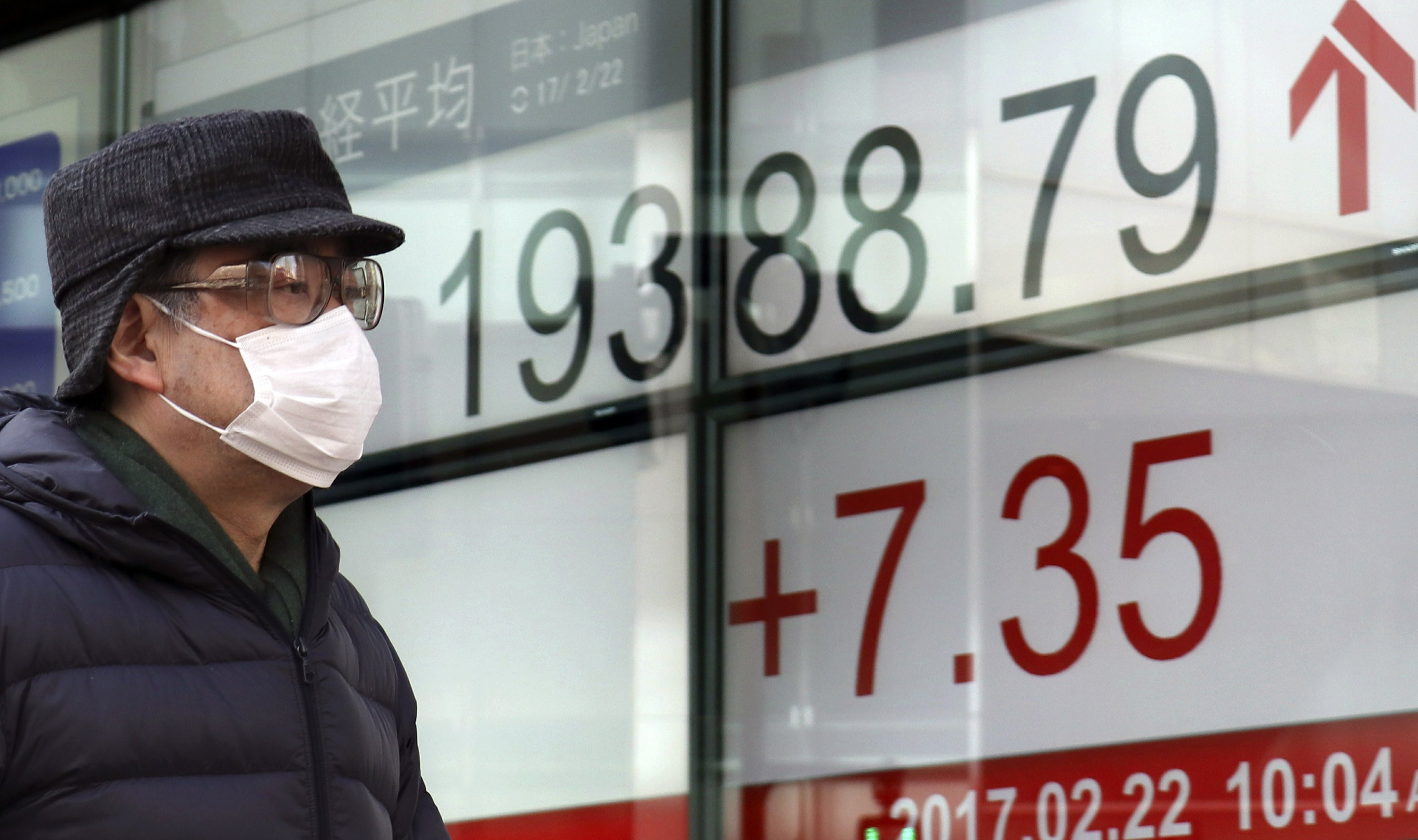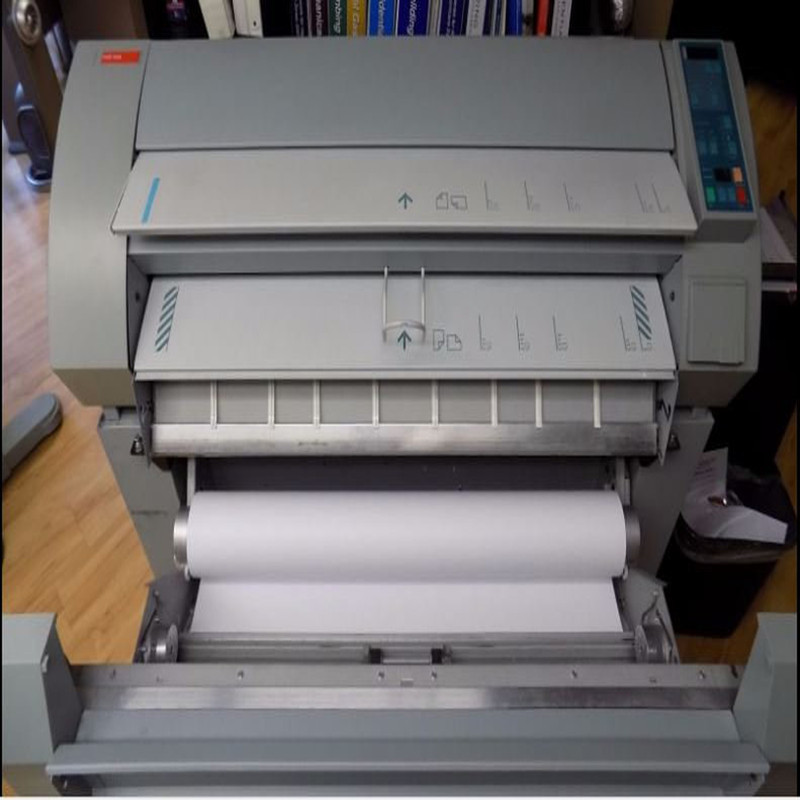The markets were mixed on Monday as investors turned to the US central bank’s interest rate decision on Wednesday, and money markets pencilling in a 61 per cent chance of a 50-basis-point rate cut and a total easing of 120 bps in 2024.
AIB and Bank of Ireland saw their shares fall 1 per cent and 1.25 per cent respectively, while Permanent TSB stock ended the day down 1.8 per cent. Insurer FBD added 1.2 per cent to its share price, closing the day at €12.80.
Food group Glanbia shed just over half a per cent to land at €16.12, while ferries company Irish Continental was 1.45 per cent down over the day.
The State’s largest landlord Ires Reit gained half a per cent.
The benchmark FTSE 100 was up 0.1 per cent; while the mid-cap FTSE 250 inched 0.2 per cent higher.
The travel and leisure index advanced 0.6 per cent, tracking 15.1 per cent gains in Playtech Plc after the gambling technology firm said it expects 2024 adjusted core profit to be slightly in advance of market expectations.
The life insurance sector was the bottom performer, slipping 0.9 per cent after insurer Phoenix Group fell 5.3 per cent, the most on the FTSE 100, after halting the sale process for its SunLife business.
Among individual stocks Marks and Spencer climbed 2.9 per cent, hitting its highest level since June 2017 earlier in the session. Both Barclays and Jefferies raised their price target on the retailer’s stock.
The pan-European STOXX 600 index ended 0.2 per cent lower, snapping a three-day winning streak.
Among individual movers France’s Rexel jumped 9.1 per cent after the Paris-listed group rebuffed an acquisition offer from billionaire Brad Jacobs-led QXO.
French drugmaker Ipsen rose 3.7 per cent after RBC raised its rating to “outperform” from “sector perform”, seeing midterm support from its liver disease drug Iqirvo (PBC) after its US FDA approval in June.
On the flip side shares of Nestle weighed on the benchmark index with a 1 per cent fall after Morgan Stanley cut the stock’s rating to “underweight” and reduced its target price.
US Markets
Technology stocks weighed on the Nasdaq and the S&P 500 on Monday as prudent investors awaited a pivotal monetary policy decision from the Federal Reserve later in the week and most traders priced in a steep reduction in borrowing costs.
Rate-Sensitive Stocks Take a Hit
Rate-sensitive chip stocks fell, with Nvidia, which led much of this year’s rally, down 2 per cent, Broadcom losing 3.4 per cent and Qualcomm dropping 1.5 per cent, sending the Philadelphia SE Semiconductor index lower by 2 per cent.
Growth Stocks Struggle
Other growth stocks also took a hit. Apple slid 3 per cent after an analyst at TF International Securities said demand for its latest iPhone 16 models was lower than expected.
Dow Jones Rises
At 11:38am the Dow Jones Industrial Average rose 64.71 points, or 0.16 per cent, to 41,458.49, the S&P 500 lost 13.14 points, or 0.23 per cent, to 5,612.88, and the Nasdaq Composite lost 146.18 points, or 0.83 per cent, to 17,537.79.
Intel climbed 3.4 per cent after a report showed it qualified for as much as $3.5 billion in federal grants to make semiconductors for the US department of defense.
Boeing dipped 1.3 per cent after the plane-maker said it was freezing hiring and weighing temporary furloughs in the coming weeks as its workers’ strike stretched to its fourth day. – Additional reporting: Reuters
What Investors Are Watching
The Bank of England, which meets this Thursday, is expected to leave rates on hold and investors will primarily watch for clues on the bank’s path for the rest of the year and updates on the pace of its bond sales.
Market Volatility to Continue
With the Federal Reserve and Bank of England decisions looming, investors are likely to remain on edge. The markets are anticipating a rate cut from the Fed, but the timing and magnitude of the cut remain uncertain. This uncertainty is likely to lead to continued volatility in the markets, as investors try to gauge the direction of interest rates and the overall health of the global economy. The ongoing strike at Boeing also adds to the uncertainty, as it could disrupt supply chains and further weigh on the market. Investors are likely to watch these developments closely and adjust their strategies accordingly.

















